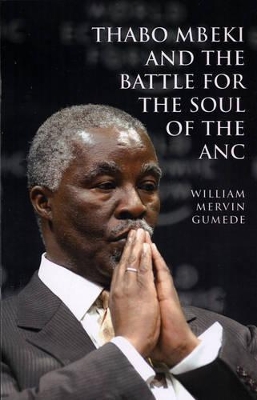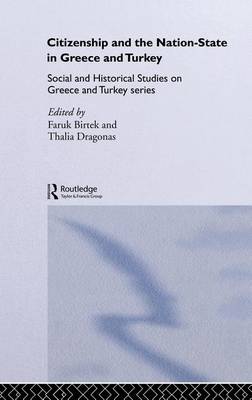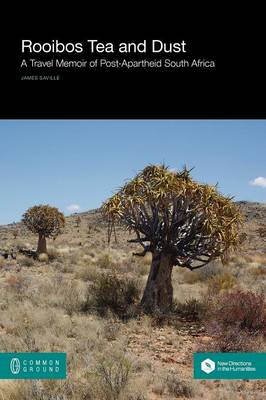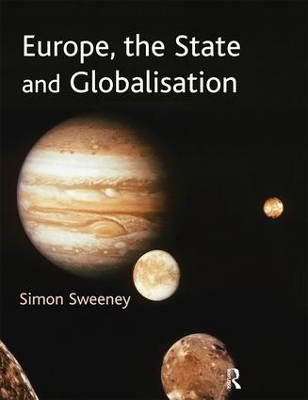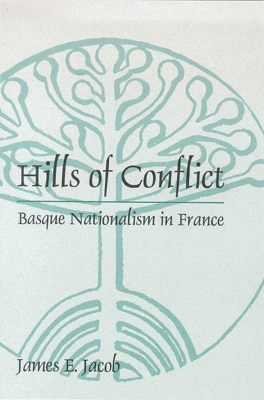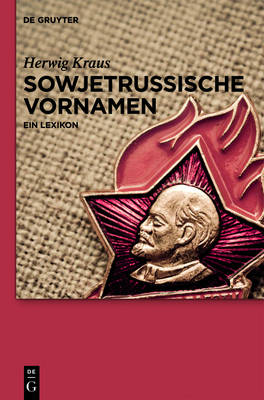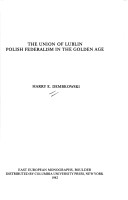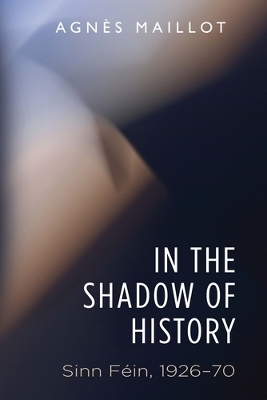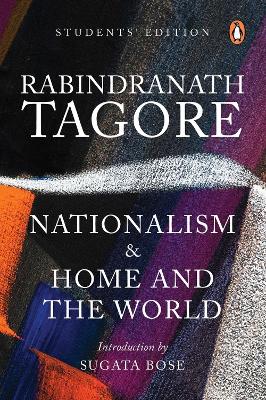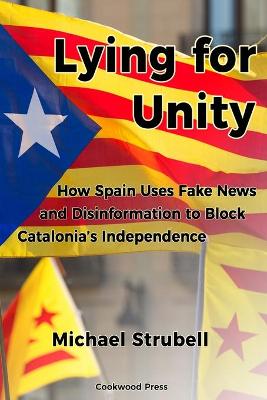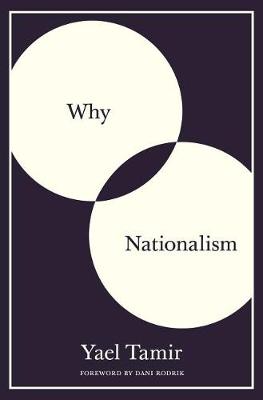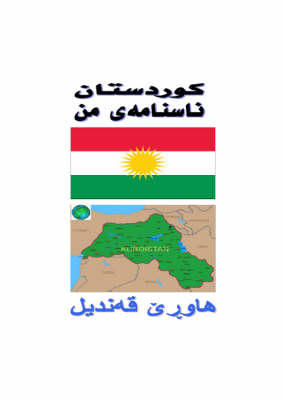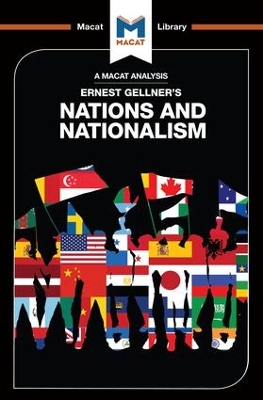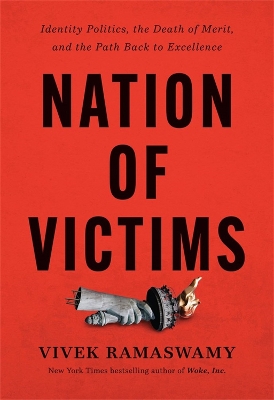Thabo Mbeki and the battle for the soul of the ANC
by William Mervin Gumede
As a spokesman for a country, a continent and the developing world, Thabo Mbeki plays a crucial role in world politics, but to many people he is an enigma. Is this simply because Mbeki is a secretive man, or are there complicated political factors at play? In this book, experienced journalist William Gumede pulls together the insights he has gained from years of reporting on the Mbeki presidency to create a sophisticated but easy-to-read account of South Africa's seat of power. He explores the c...
Citizenship and the Nation State in Greece and Turkey brings together papers on a transdisciplinary dialogue on nation formation in Greece and Turkey as successor states of the Ottoman Empire, and on aspects of civil society in the two countries. The volume is divided into two parts: 'Empire and Nation-State' and 'Nation and Civil Society' and covers issues such as Turkish and Greek nationalism, the formation of the Greek State, the impact of the Greek War of Independence in transforming the Ot...
Ancient Greece was the model that guided the emergence of many facets of the modern sports movement, including most notably the Olympics. Yet the process whereby aspects of the ancient world were appropriated and manipulated by sport authorities of nation-states, athletic organizations and their leaders as well as by sports enthusiasts is only very partially understood. This volume takes modern Greece as a case-study and explores, in depth, issues related to the reception and use of classical a...
Democracy and Foreign Policy (Routledge Library Editions: Japan)
by R Bassett
The Sino-Japanese crisis of 1931-33 provides effective illustrations of wider themes in British Foreign Policy. It might even be said that the general pattern of opinion in the UK at the time was to be reproduced in subsequent crises. The Manchurian problem and the controversies which it provoked give invaluable clues to an understanding of later developments.
Europe, the State and Globalisation explores the interplay between the state and state sovereignty, nationalism, European integration and globalisation. It provides essential foundations in all these areas, while using stimulating arguments to prompt discussion and provoke interest in the relationships between these processes. Throughout, Europe, the State and Globalisation addresses various issues of historical and theoretical importance, including the institutions of the European Union, integ...
The Creation of National Spaces in a Pluricultural Region (Lithuanian Studies Without Borders)
by Vasilijus Safronovas
This book is essential reading on the spatial concepts that two erstwhile neighboring cultures, Lithuanian and German, once associated with one physical space - a Lithuanian region in Prussia. Covering a period of five centuries, the author explores how, when, and, most importantly, why these concepts have been developed and transformed, regulating the spatial imagination of several generations. The study focuses on the nineteenth and twentieth centuries, presenting the narratives, representatio...
Hills of Conflict
This text offers a detailed analysis of the history of Basque nationalism in France from the Ancien Regime to the present day. The Basques are descended from one of the indigenous tribes of Europe, and their homeland was defined prior to the creation of the modern state system and its borders. This book examines the relationship between the Basques and the growing encroachment of the French state. Using interviews, personal letters, diaries, and unpublished archives, Jacob charts the evolution o...
In 2008 there were 149 militia groups in the United States. In 2009, that number more than tripled to 512, and now there are nearly 600. In Right-Wing Resurgence, author Daryl Johnson offers a detailed account of the growth of right-wing extremism and militias in the United States and the ever-increasing threat they pose. The author is an acknowledged expert in this area and has been an intelligence analyst working for several federal agencies for nearly 20 years. The book is also a first-hand,...
The Union of Lublin (East European Monographs S., v.116)
by Harry E. Dembkowski
A fascinating study of the root motivations behind the political activities and philosophies of Putin's government in Russia "Part intellectual history, part portrait gallery . . . Black Wind, White Snow traces the background to Putin's ideas with verve and clarity."-Geoffrey Hosking, Financial Times "Required reading. This is a vivid, panoramic history of bad ideas, chasing the metastasis of the doctrine known as Eurasianism. . . . Reading Charles Clover will help you understand the world o...
From 1926 onward, Sinn Fein, which had been instrumental in the revolutionary period of 1919-23, faded into oblivion. This book unravels a chapter of history that has not been dealt with in detail until now, although the operation of the party raises fundamental questions on issues such as democracy and the role of history in the construction of a national narrative. Through a close analysis of newspaper reports, fortnightly Standing committee minutes, and interviews carried out by the author, i...
New God, New Nation (Asian Studies Association of Australia (ASAA))
by Ken Wells
The history of modern Korea reveals a search for cultural identity through nationalism. At the close of the 19th century, the kingdom of Korea became a battleground between China, Japan and Russia. While Korean traditionalists and modernist factions vied for power, the country increasingly fell prey to Japanese colonial designs, culminating in its official incorporation into the Japanese empire in 1910. In the context of this loss of political and cultural autonomy, some Koreans turned to Protes...
Combining two classic texts by Rabindranath Tagore, this special edition features a new Introduction by eminent scholar Sugata Bose. Nationalism is based on Tagore's lectures, warning the world of the disasters of narrow sectarianism and xenophobia. Home and the World is a classic novel, exploring the ever-relevant themes of nationalism, violent revolution, and women's emancipation.
Why nationalism is a permanent political force-and how it can be harnessed once again for liberal endsAround the world today, nationalism is back-and it's often deeply troubling. Populist politicians exploit nationalism for authoritarian, chauvinistic, racist, and xenophobic purposes, reinforcing the view that it is fundamentally reactionary and antidemocratic. But Yael (Yuli) Tamir makes a passionate argument for a very different kind of nationalism-one that revives its participatory, creative,...
Star Spangled Hammered - Patriotic Diary - Fourth Of July Notebook - Funny 4th Of July Journal
by July 4th Notebooks
Kurdistan Nasnamei Min: Kurdistan My Identity (Kurdish)
by Hawre Qendil
Trans-pacific Imagination, The: Rethinking Boundary, Culture And Society
This anthology critically re-examines and re-articulates the discursive boundary that binds the region called East Asia in order to produce Trans-Pacific Studies. Recognizing that the creation of regional boundaries depends on a new configuration of both inter- and intra-national power relations and the ideological constructs that generate historical, ideological, and cultural effects, this volume proposes that the term "trans-Pacific" be mobilized to complicate the phrase "East Asian" as the bo...
An Analysis of Ernest Gellner's Nations and Nationalism (The Macat Library)
by Dale J Stahl
To the dismay of many commentators - who had hoped the world was evolving into a more tolerant and multicultural community of nations united under the umbrellas of supranational movements like the European Union - the nationalism that was such a potent force in the history of the 20th-century has made a comeback in recent years. Now, more than ever, it seems important to understand what it is, how it works, and why it is so attractive to so many people. A fine place to start any such explorati...
...le Debut... A la Vieille Garde berlinoise du Parti. Ouvrage destine a expliquer l'histoire du NSDAP berlinois entre le 9 novembre 1926, au moment ou Goebbels, chef du parti dans la Ruhr, arrive a Berlin pour reprendre en main le parti, et le 29 octobre 1927, date qui marque la levee de l'interdiction du parti nazi prononcee plusieurs semaines auparavant.
